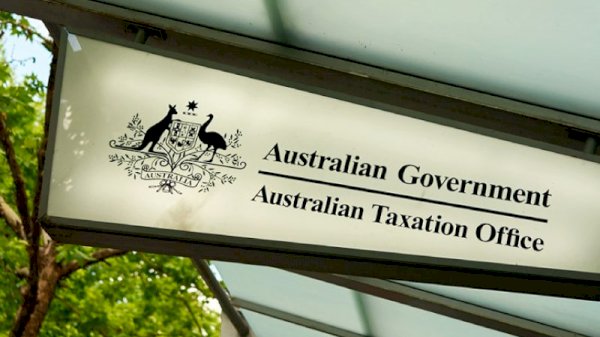In an update on its website, the ATO said a voluntary repayment may be deductible only in limited circumstances and only if the voluntary payment is clearly appropriate to achieve, or directed at achieving, the objectives of the business.
Examples cited by the ATO include that a deduction may be available if the payment is made to:
- prevent reduction in business, or
- publicise and promote their business in the short term.
“Provided you treated your original JobKeeper payments correctly as assessable income, if you then act in good faith and use your best endeavours to determine whether you are entitled to a deduction for the voluntary repayment, we will generally not apply compliance resources to confirm if the payment is deductible,” the ATO said.
“Businesses must claim the voluntary repayment deduction in the same income year in which the repayment was made.”
The guidance comes after concerns earlier in the year of a lack of clarity from the ATO on the issue as more companies repay JobKeeper stimulus following better-than-expected financial results in 2020.
Toyota Australia was one of the first companies to approach the ATO to arrange the JobKeeper repayment, amounting to more than $18 million, while Super Retail Group gave $1.7 million of JobKeeper back to the federal government following a 2020 sales performance that was above expectations.
Tax & Super Australia senior tax counsel John Jeffreys said grey area was always going to be around whether the JobKeeper amounts refunded to the ATO are “necessarily incurred” and, if so, whether the amounts are “in carrying on a business”.
Businesses can also view the full ATO guidance by clicking here.







